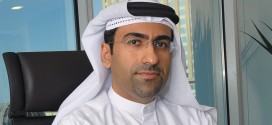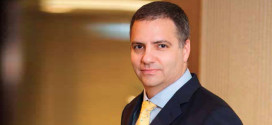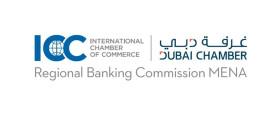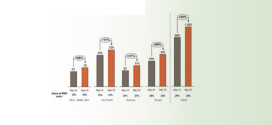an “even higher level” of co-operation between saudi arabia and Korea has been called for by Khalid A. Al-Falih, president and CEO of the Saudi Arabian Oil Company). In addressing the Korean Chamber of Commerce in Seoul, he said he would like to see “strategic Korean Investments in various areas of the Saudi Arabian economy, including energyrelated fields”.
In a speech entitled “Mutual Benefits, shared Opportunities and enduring relationships”, Al-Falih said that Saudi Arabia’s admiration for the people of Korea had to do with economics but was, at the same time, very human.
“For more than a generation,” he said, “we have seen first-hand your work ethic, your fortitude, your ingenuity, and the way in which Koreans meet their responsibilities and honour their commitments.”
Al-Falih said the Republic of Korea is now among Saudi Arabia’s four largest trading partners.
Just as Koreans had helped build Saudi Arabia, the kingdom had been instrumental in Korea’s growth “through our reliable supply of petroleum and through our equity stake in the S-Oil Corporation, one of this country’s leading energy enterprises.
“This year marks the 20th anniversary of that milestone investment – saudi aramco’s first in Asia”.
S-Oil is now expanding the capacity of its Ulsan refi nery to more than 650,000 barrels per day, “making it one of the world’s biggest and most sophisticated refi neries”, he said.
In separate ceremonies, Saudi Aramco signed memoranda of understanding with the export Import Bank of Korea and the Korea Trade Insurance Corporation to enhance opportunities for the two export credit agencies to participate in fi nancing saudi aramco projects in the future.
In the works are new crude-oil production facilities; a 50 per cent increase in global refi ning capacity; an expansion of the Master Gas system’s capacity to more than 15 billion standard cubic feet per day; a worldclass petrochemical project in Jubail; a planned expansion of the Petrorabigh joint venture; new industrial clusters housing other companies engaged in conversion, manufacturing and service activities; and a large number of support and infrastructure initiatives – including pipelines, bulk plants, system upgrades, environmental projects and large buildings.
“I would like to see Korean companies adopt a forward-looking strategy in which they invest in the ability to service and maintain materials and equipment in saudi arabia, rather than simply supporting us and the Middle east region from over the horizon here in Korea,” said Al-Falih.
“Just as this nation provided us with an ideal launching pad from which to grow our presence in north asia, I believe the kingdom can also be an excellent springboard for Korean fi rms wanting to grow their presence in the fast-growing Middle East region and beyond.”
 Cash And Trade Magazine For Cash and Trade professionals in the Middle East
Cash And Trade Magazine For Cash and Trade professionals in the Middle East




